Madhubala

|
Name:Madhubala Date of Birth:14-02-1933 Place of Birth:Delhi, India No of Movies:6 First Movie:Mahal |
Madhubala (conceived Mumtaz Jehan Begum Dehlavi; 14 February 1933 - 23 February 1969) was an Indian entertainer and maker who worked in Hindi-language films. She positioned as quite possibly of the most generously compensated performer in India in the post-freedom period, that corresponded with the ascent of Indian film on worldwide levels. In a profession traversing over 20 years, Madhubala was prevalently dynamic for just 10 years yet had showed up in throughout 60 movies when of her passing in 1969.
Brought up in Delhi, Madhubala migrated to Bombay with her family when she was 8 years of age and not long after showed up in that frame of mind in various movies. She before long advanced to driving jobs in the last part of the 1940s, and acquired accomplishment with the dramatizations Neel Kamal (1947) and Amar (1954), the blood and gore movie Mahal (1949), and the heartfelt movies Badal (1951) and Tarana (1951). Following a concise mishap, Madhubala rose to global conspicuousness with her parts in the comedies Mr. and Mrs. '55 (1955), Chalti Ka Naam Gaadi (1958) and Half Ticket (1962), the wrongdoing films Howrah Extension and Kala Pani (both 1958), and the melodic Barsaat Ki Raat (1960).
Madhubala's depiction of Anarkali in the verifiable awe-inspiring show Mughal-e-Azam (1960) — the most noteworthy netting film in India by then of time — acquired her far and wide basic recognition and her main selection for the Filmfare Grant for Best Entertainer; her presentation has since been portrayed by pundits as one of the best in Indian true to life history.[4] She worked irregularly in film during the 1960s, showing up in the show Sharabi (1964). Furthermore, she created three movies under her creation house Madhubala Private Ltd., which was helped to establish by her in 1953.
Regardless of keeping up serious areas of strength for with, Madhubala acquired critical media inclusion for performing effectively in foundation, and for her associations with entertainer Dilip Kumar, which endured seven years, and with entertainer vocalist Kishore Kumar, whom she at last wedded in 1960. From the outset of her thirties, she experienced repeating episodes of shortness of breath and hemoptysis brought about by a ventricular septal imperfection, at last prompting her demise in 1969.
Acting vocation
Early work and change to grown-up jobs (1942-1947)
In the mid year of 1941, Khan, Madhubala and other relatives migrated to Bombay and settled down in a cowshed present in the Malad rural areas of Bombay. Following an endorsement from the studio chiefs, Chunnilal marked Madhubala to an adolescent job in Bombay Talkies' creation, Basant (1942), at a compensation of ₹150. Delivered in July 1942, Basant turned into a significant achievement commercially, yet in spite of the fact that Madhubala's work earned appreciation, the studio dropped her agreement as it didn't need a kid entertainer at that time. Disheartened, Khan needed to by and by return his family to Delhi. He thusly secured low-paid impermanent positions in the city, yet kept on battling financially.
In 1944, Bombay Talkies' head and previous entertainer Devika Rani sent for Khan to gather Madhubala for job in Jwar Bhata (1944)Madhubala didn't get the film however Khan presently chose to settle for all time in Bombay seeing a possibility in films.The family again got back to their transitory home in Malad and Khan and Madhubala started paying regular visits to film studios all through the city looking for work. Madhubala was before long endorsed to a three-year contract with Chandulal Shah's studio Ranjit Movietone, on a regularly scheduled installment of ₹300. Her pay prompted Khan moving the family to an adjoining leased house in Malad.
In April 1944, the leased house was obliterated in a dock blast; Madhubala and her family endure simply because they had gone to a nearby theatre. Subsequent to moving into her companion's home, Madhubala proceeded with her movie career, assuming minor parts in five of Ranjit's movies: Mumtaz Mahal (1944), Dhanna Bhagat (1945), Rajputani (1946), Phoolwari (1946) and Pujari (1946); she was credited as "Child Mumtaz" in all of them.She dealt with various issues in these years; during the shoot of Phoolwari in 1945, Madhubala retched blood, which cautioned her disease that was gradually taking root.In 1946, she needed to get cash from a movie maker for the treatment of her pregnant mother.Anxious to lay out a traction in the business, in November 1946, Madhubala started going for two of Mohan Sinha's executive endeavors, Chittor Vijay and Simple Bhagwaan, which should be first experience with the cinema in grown-up roles
Madhubala's most memorable task in a lead job was Sohrab Modi's Daulat, yet it was retired endlessly (and wouldn't be resuscitated until the following year). Her presentation as a main woman came in Kidar Sharma's theatrics Neel Kamal, in which she featured inverse debutante Raj Kapoor and Begum Para. She was offered the film after Sharma's best option, entertainer Kamla Chatterjee, died. Delivered in Walk 1947, Neel Kamal was well known with crowd and gathered wide open acknowledgment for Madhubala.She then reteamed with Kapoor in Chittor Vijay and Dil Ki Rani, the two of which were delivered in 1947, and in Amar Prem, which came out the accompanying year.These movies were fruitless endeavors that neglected to push her vocation ahead. During this period, she needed to charge a moderately lesser sum than her typical expense to draw in more offers.To get her family monetarily, Madhubala immediately marked 24 filmsDazzled by her work in Neel Kamal, in which Madhubala was credited as "Mumtaz", Devika Rani proposed her to take "Madhubala" as her expert name.
Resurgence, recognition and last works (1958-1964)
Madhubala in Kala Pani (1958), one of the most well known and acclaimed movies of her vocation.
Madhubala started the year 1958 with Raj Khosla's Kala Pani, wherein she co-featured with Dev Anand and Nalini Jaywant, playing a brave writer examining a 15-year-old murder.She was then given a role as Edna inverse Ashok Kumar in Howrah Extension (1958), her most memorable joint effort with chief Shakti Samanta. Madhubala postponed her charges to assume the part of a Somewhat English Indian supper club artist, which denoted a takeoff from her past depictions of modern characters.Both Howrah Extension and Kala Pani sired positive surveys for herself and became two of the year's top-earning films.She followed this accomplishment with the movies hit Phagun (1958).[94] In her last arrival of 1958, Madhubala depicted a rich city lady associated with a relationship with Kishore Kumar in Satyen Bose's parody Chalti Ka Naam Gaadi — one of the greatest lucrative photos of the 1950s.Dinesh Raheja of Rediff.com alluded to the film as the "fifties joke setter", adding that Madhubala "oozes gobs of magnetism and her laughs are irresistible." Composing for the equivalent portral in 2012, reporter Rinki Roy referenced Madhubala's personality in Chalti Ka Naam Gaadi as "a top #1": "Her windy presentation stands apart as that uncommon illustration of a free, metropolitan woman.For me, Madhubala is the essence of the first celluloid diva."
Her second cooperation with Samanta, Insan Jaag Utha (1959), was a social show film in which the heroes work on the development of a dam.A unassuming achievement, its basic gathering has worked on over years.Rachit Gupta of Filmfare and Roktim Rajpal of Deccan Messenger have refered to Madhubala's exhibition as Gauri, a town beauty, as perhaps of her best work. Further in 1959, she got acclaim for assuming double parts in Kal Hamara Hai, likewise featuring Bharat Bhushan. Khatija Akbar, the creator of Madhubala: Her Life, Her Movies (1997), called her chance as "a cleaned exhibition, especially in the job of the off track 'other' sister."The business outcome of Do Ustad (1959), which saw her rejoining with Raj Kapoor, was trailed continuously film of Madhubala Private Ltd. — the parody Mehlon Ke Khwab (1960). It fared ineffectively in the cinematic world.
Madhubala's Filmfare Grant designated depiction of Anarkali, which has been portrayed by pundits as perhaps of the best presentation in Indian artistic history.
Writer Dinesh Raheja portrayed K. Asif's Mughal-e-Azam (1960) as the "delegated greatness" of Madhubala's career.Co-featuring Dilip Kumar and Prithviraj Kapoor, the film rotates on a sixteenth century court artist, Anarkali (Madhubala), and her undertaking with the Mughal sovereign Salim (Kumar). Since the mid-1940s, Asif had dismissed various entertainers for the piece of Anarkali. Madhubala joined the cast in 1952 and got a settlement ahead of time of Rs. 1 lakh — the most elevated for any entertainer or entertainer up to that point. The recording time frame ended up being taxing.Her relationship with Kumar finished in the midst of shooting and there were reports of ill will between the entertainers. Madhubala was likewise upset continuously plans and confounded dance groupings, which she had been medicinally approached to keep away from. She fell under the heaviness of iron chains, stifled candles with her palm, starved herself for quite a long time to portray anguishness specifically scenes and had ceaseless water flung at her face and entire body painted. The vital photography for Mughal-e-Azam was done in May 1959 and left her depleted, the two genuinely and intellectually, to a point that she started thinking about a retirement.
Mughal-e-Azam was first of Madhubala's two movies in variety; it had four reels shot in Technicolor. The film had the greatest arrival of any Indian film up to that time, and benefactors frequently lined the entire day for tickets. Delivered on 5 August 1960, it broke film industry records in India and turned into the most noteworthy netting Indian film ever, a differentiation it would hold for 15 years.At the 1961 Public Film Grants, Mughal-e-Azam won the Public Film Grant for Best Component Film in Hindi and drove the eighth Filmfare Grants service with 11 nominations,including Best Entertainer for Madhubala. A commentator for The Indian Express remarked, "Many scenes bears declaration to the extraordinary gifts of Madhubala as a characteristic actressThe way she presents Anarkali's changing states of mind as she goes through the lightning changes in her day to day existence is wonderful."
The outcome of Mughal-e-Azam brought about a series of offers in significant jobs, however Madhubala needed to deny them attributable to her heart condition. She further pulled out from certain creations that were at that point in progress, including Bombai Ka Babu, Wicked Kid, Jahan Ara, Yeh Basti Ye Log, Suhana Geet and an untitled film with Kishore Sahu.
She did, notwithstanding, had not many more deliveries, which were finished either by body pairs or by Madhubala herself.In late 1960, Madhubala was found in Shakti Samanta's wrongdoing film Jaali Note, in view of the subject of fake cash; it was effective financially.However, Karan Bali of Upperstall.com referenced her job as "crude" and saw as the sentiment among her and Dev Anand's characters unconvincing. Madhubala's featuring job in the melodic Barsaat Ki Raat (1960) was better gotten. The component was the year's second-most noteworthy netting film, following just Mughal-e-Azam. A pundit for The Indian Express viewed as her "enchanting",while Venkat Parsa of The Siasat Day to day noticed the insubordinate idea of her personality, Shabnam, who runs off with her sweetheart (played by Bharat Bhushan) after her folks object to the relationship.
The consecutive blockbuster triumphs of Mughal-e-Azam and Barsaat Ki Raat laid out Madhubala as the best driving woman of 1960. She in this way ceased her profession and just favored featuring as old flames in a couple of movies, including the comedies Jhumroo (1961), Sweetheart (1961) and Half Ticket (1962), and the dramatizations Identification (1961) and Sharabi (1964). Her each of the three 1961 deliveries were among the top-netting creations of the year.Half Ticket, her last cooperation with spouse Kishore Kumar was a basic and business accomplishment too. Sukanya Verma called the film one of her most loved comedies ever, lauding the "tangibly affectionate science" among Madhubala and Kishore.Also delivered in 1962 was Madhubala Private Ltd's. third and last show, Pathan, which ended up being a film industry flop.Following a holiday of two years, she finished Sharabi in 1964; the film turned into her last delivery in her lifetime.Baburao Patel, composing for Mother India, commended Madhubala's presentation for "reviv[ing] the old sorrow". A manager for Rediff.com considered Sharabi a "fitting finale to a glowing profession, showing the entertainer at her most lovely and her best, a courageous woman predetermined not to mature in any of our eyes."
In 1971, one of Madhubala's fragmented works, Jwala, was delivered. Co-featuring Sunil Dutt and Sohrab Modi, the film was chiefly finished with the assistance of body duplicates. It denoted Madhubala's last screen job.
Filmography
|
Year |
Title |
Notes |
|
1942 |
Basant |
Child actor |
|
1944 |
Mumtaz Mahal |
|
|
1945 |
Dhanna Bhagat |
|
|
1946 |
Pujari |
|
|
Phoolwari |
||
|
Rajputani |
||
|
1947 |
Neel Kamal |
Credited as "Mumtaz" |
|
Mere Bhagwaan |
||
|
Chittor Vijay |
Lost film |
|
|
Khoobsurat Duniya |
||
|
Dil Ki Rani |
||
|
Saat Samundaron Ki Mallika |
||
|
1948 |
Desh Sewa |
Lost film |
|
Amar Prem |
Lost film |
|
|
Parai Aag |
||
|
Lal Dupatta |
Lost film |
|
|
1949 |
||
|
Neki Aur Badi |
||
|
Paras |
||
|
1950 |
Lost film |
|
|
Hanste Aansoo |
First Indian film to be awarded an Adults certification |
|
|
1951 |
||
|
1952 |
||
|
1953 |
Rail Ka Dibba |
|
|
1954 |
Bahut Din Huwe |
|
|
Amar |
||
|
1955 |
||
|
Also producer |
||
|
Mr. & Mrs. '55 |
||
|
1956 |
Raj Hath |
|
|
Shirin Farhad |
||
|
Dhake Ki Malmal |
Lost film |
|
|
1957 |
Yahudi Ki Ladki |
|
|
Gateway Of India |
||
|
Ek Saal |
||
|
1958 |
Baghi Sipahi |
|
|
Police |
||
|
Kala Pani |
||
|
Howrah Bridge |
||
|
Chalti Ka Naam Gaadi |
||
|
1959 |
Kal Hamara Hai |
|
|
Insaan Jaag Utha |
||
|
Do Ustad |
||
|
1960 |
Mehlon Ke Khwab |
Also producer |
|
Mughal-e-Azam |
Nominated—Filmfare Award for Best Actress |
|
|
Jaali Note |
||
|
Barsaat Ki Raat |
||
|
1961 |
||
|
Boy Friend |
||
|
Passport |
||
|
1962 |
Half Ticket |
|
|
1964 |
Sharabi |
|
|
1971 |
Jwala |
Only colour film; released posthumously |




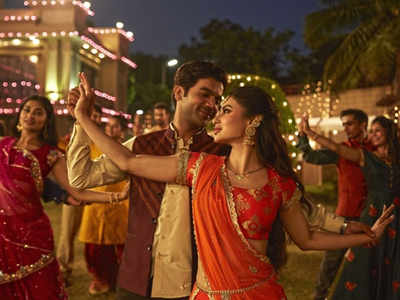
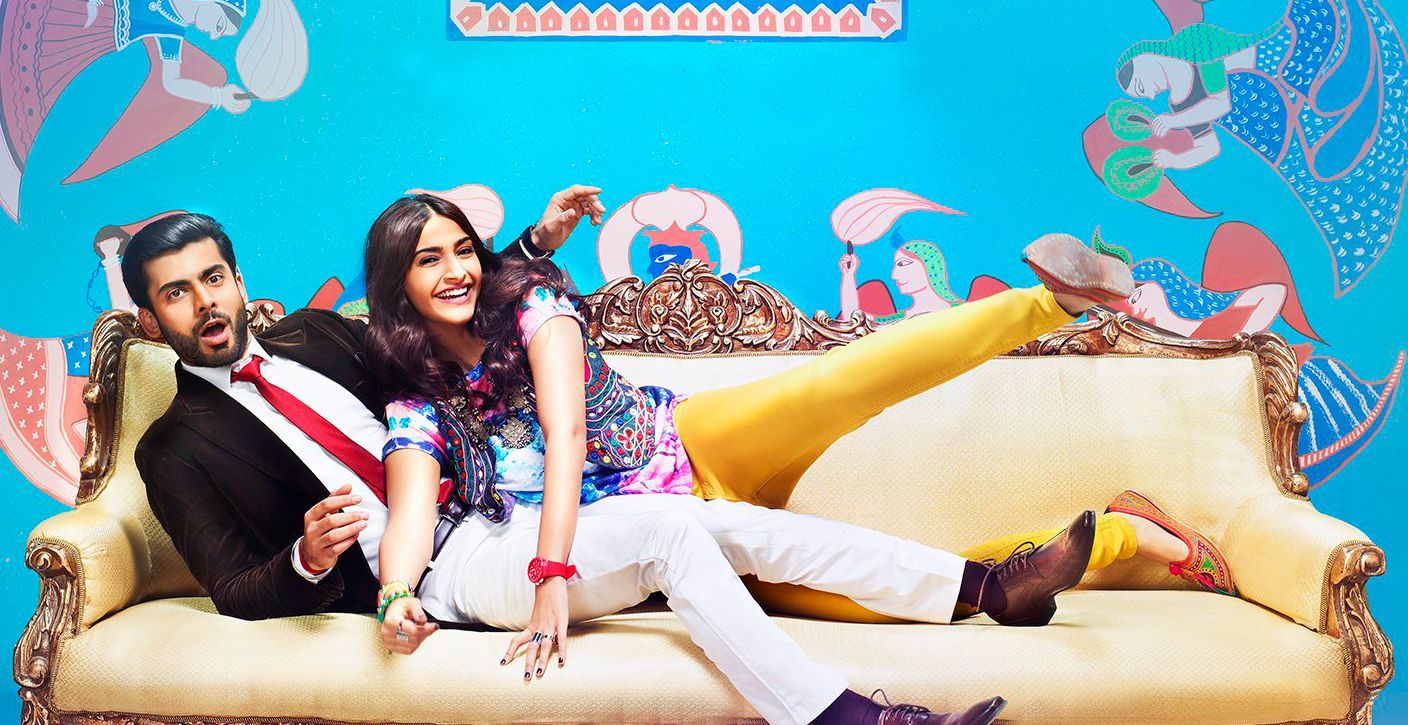
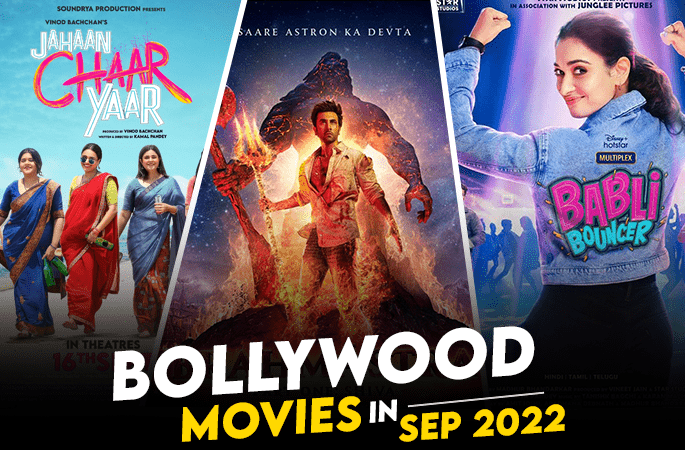

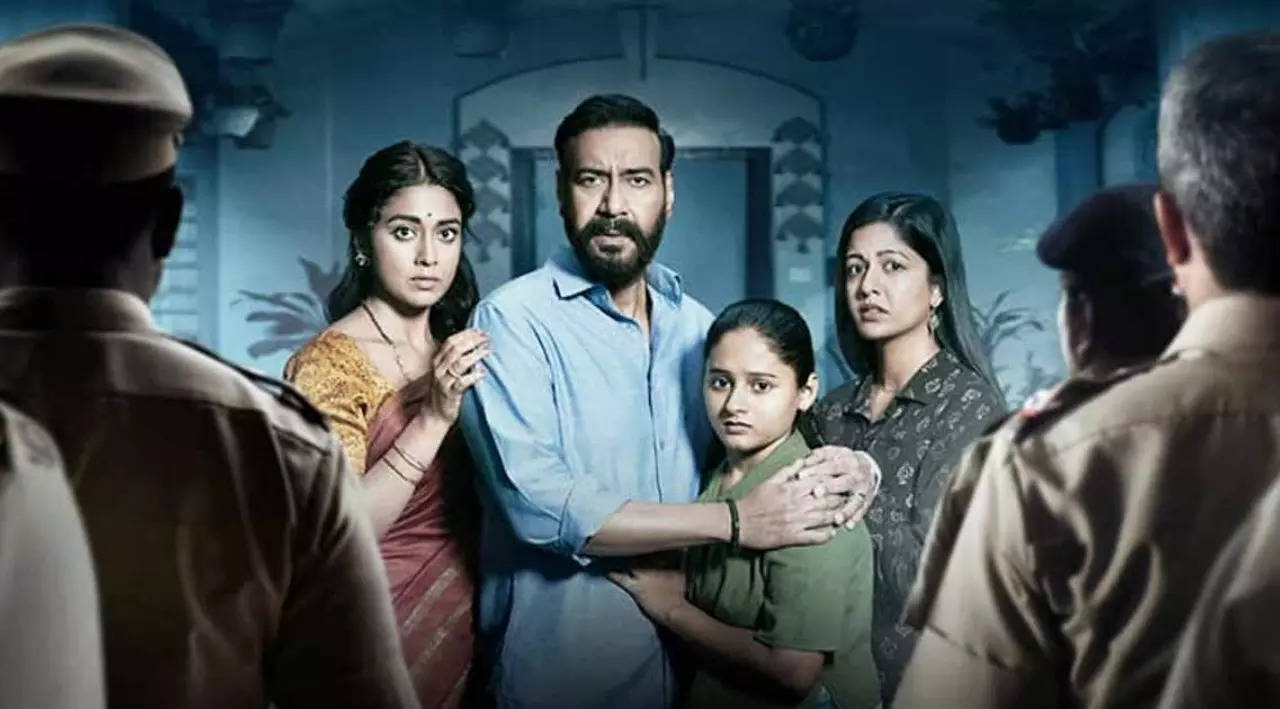

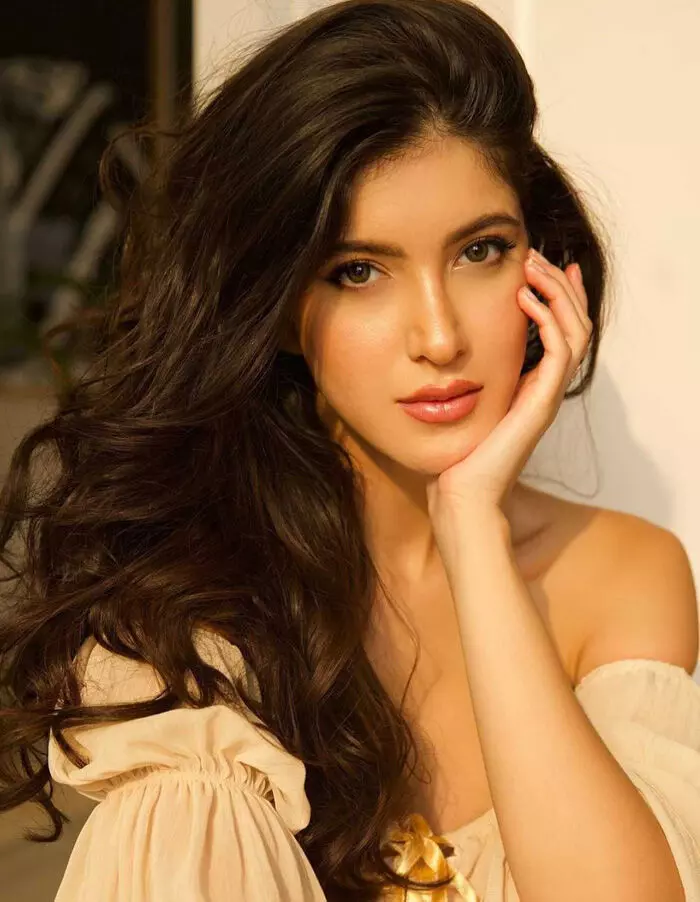
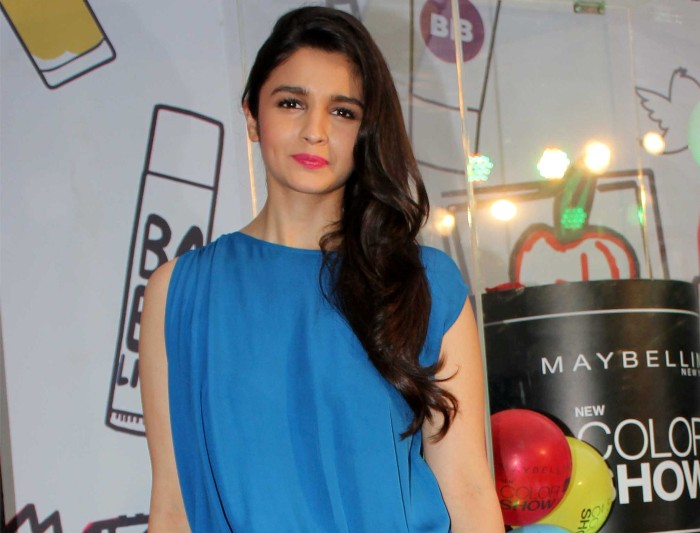


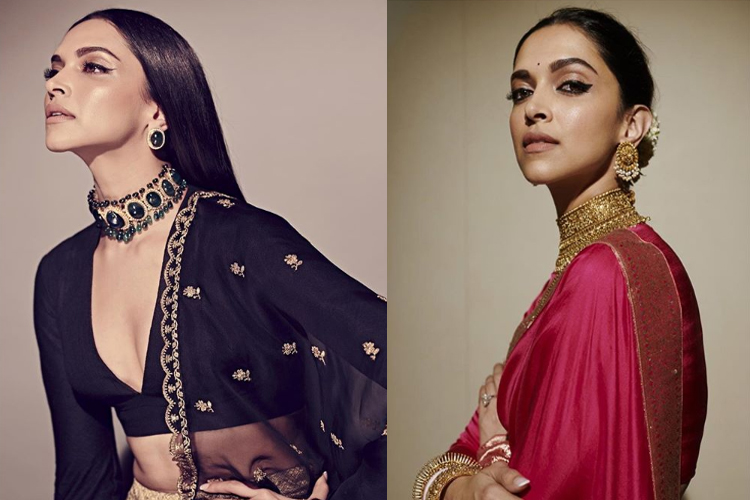
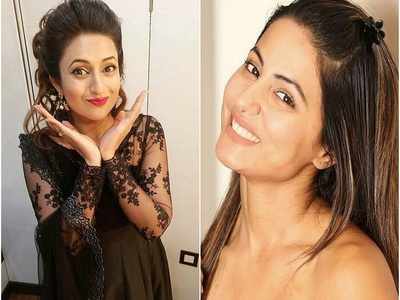

























0 Comments
retng our site